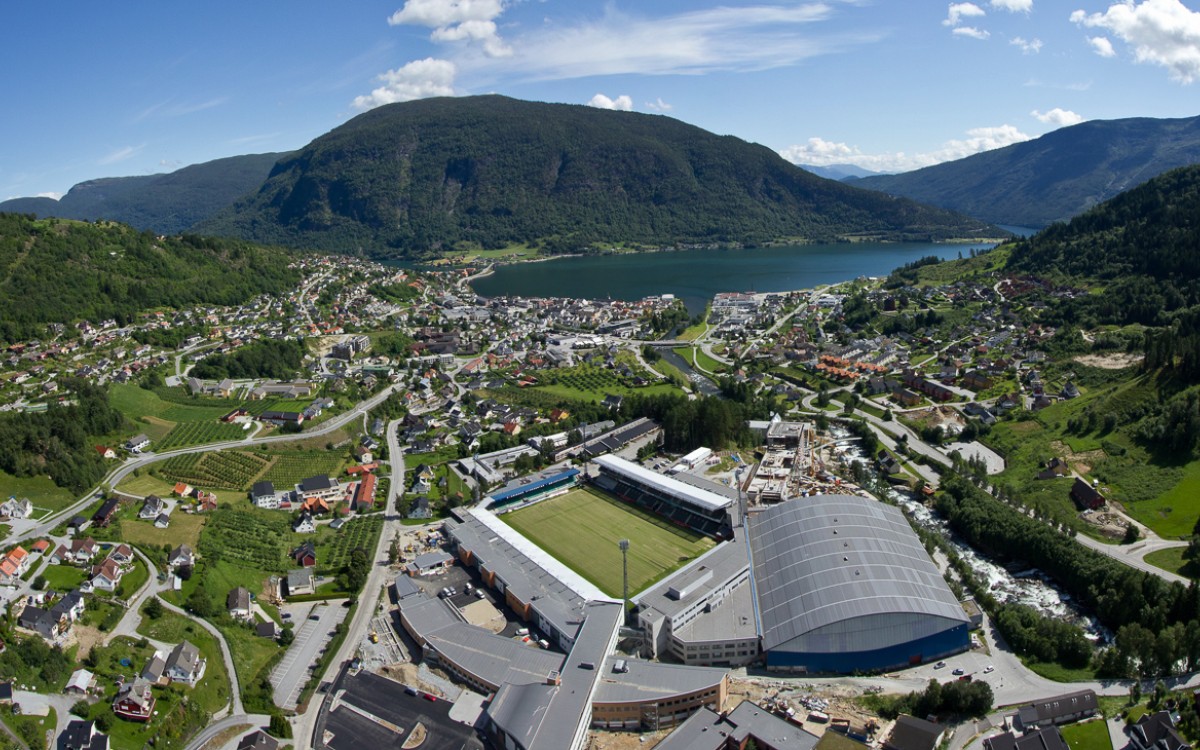About Western Norway Research Institute

Western Norway Research Institute is an assignment-based research institute located in Sogndal, Norway. Established in 1985, the institute has some 37 employees and an annual turnover of app. NOK 40 million.
WNRI or Vestlandsforsking, in Norwegian, is an internationally oriented research institute with regional ties. We conduct inter-disciplinary research at the regional, national, and international level. The institute employs some 37 people and has a turnover of approximately NOK 40 million.
The institute carries out research in three main areas:
Climate and environment: climate mitigation; climate change adaptation; planning, and sustainable development; industrial ecology; and natural resource management
Tourism: adventure tourism; digitalisation; sustainable tourism
Technology and society: big data and emerging technologies; regional development; digitalisation; and gender, diversity, and technology
International research projects
Vestlandsforsking has a long tradition of hiring and participating in international research projects funded by the European Commission and other sources. Since its inception, the institute has participated in a total of 14 EU projects, nine of them in the last decade (2013-23), and led four EU projects, the newest example of which is LeMO.
In the climate and environment field, we are taking part in two research projects with funding from H2020: Face-It and JustNorth, both with an emphasis on Arctic issues. In 2024, the research project IntegrateNBS starts on nature-based solutions to climate challenges, which is funded by Joint Programming Initiatives (JPI). The climate and environment field also has larger research projects such as SusRenew and Shift-Plastics and the climate and tourism project TourRisk with funding from the Research Council of Norway. In addition, there is TransAdapt, which receives funds from the founding of Noradapt, a center Vestlandsforsking runs on behalf of eight research environments within climate adaptation.
Within technology and society, Vestlandsforsking has coordinated and taken part in EU-funded research projects since the 1990s as well as a Nordic Centre of Excellence on women in tech careers (2017-2022). In 2023, the international network project Distruptive Technologies for a Resilient Future (DTRF) is ongoing, with funds from the Research Council and the Norwegian Agency for International Cooperation and Quality Enhancement in Higher Education (Diku). In addition, there are large national projects with international partners, such as Socyti and JustTransform (starts in 2024).
Vestlandsforsking also has several projects with EEA funding, such as Energy 2050, Polish Outdoor Learning, Smartfood, and Co-Adapt.
Vision:
Ground-breaking knowledge for a sustainable society
Sub-goals:
- Socially relevant research and dissemination
- Strong and competitive professional environment
- Attractive and diverse work environment
Funding
Project income finances the ordinary operations of Vestlandsforsking. Our basic funding from public sources is solely used for strategic professional development and quality assurance.
The institute was founded on 13 March 1985. At the foundation, Sogn og Fjordane County Council (founders), the Ministry of Local Government and 62 banks, companies, municipalities and organizations in the county contributed a basic fund of NOK 4 million.
Organization
The institute is organized as a foundation. This is managed by a board of seven. Vestland County Council has a majority of its members and the Norwegian Research Council has one member. The chair of the board is Silja Ekeland Bjørkly.
Anne Karin Hamre is the institute's managing director. The research groups at the institute are led by research leaders and administrative group leaders.
The institute works systematically to ensure equality, diversity and gender balance and has developed a Gender Equality Plan.